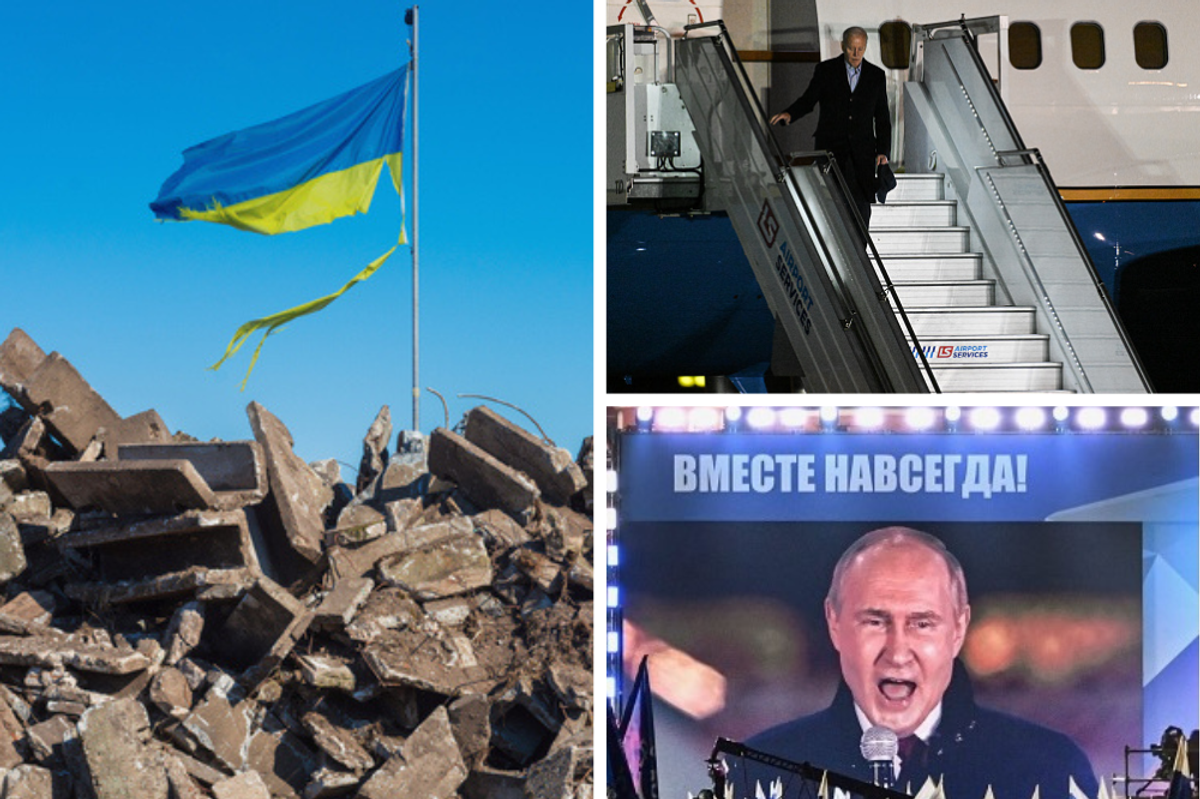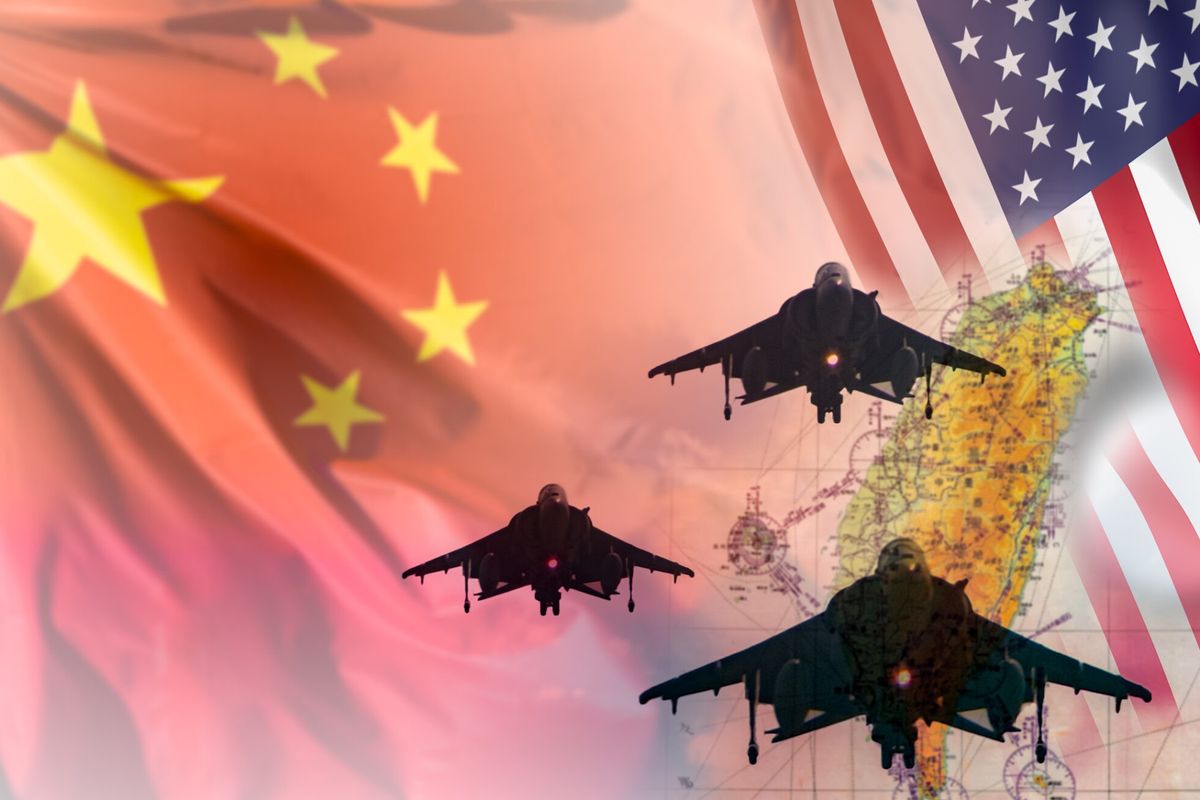From Washington’s perspective, the majority of recent changes in government in Latin America have been welcome. The Cipher Brief asked Shannon O’Neil, the Nelson and David Rockefeller Senior Fellow for Latin America at the Council on Foreign Relations, to explain why she thinks Latin America is a “good news story” with pragmatic leaders that can partner with the United States.
The Cipher Brief: You have testified that Latin America is a “good news story.” What makes you say that? And how do you see the state of U.S. engagement in Latin America?
Shannon O’Neil: You look around the world and many things are actually going right in Latin America. We have seen for the last 20 years a deepening of democracy in almost all countries – not every country – but almost all countries throughout the region. We’ve seen the passage of freedom of information acts, we’ve seen a growing freedom of the press, we’ve seen increasing transparency, accountability, and competitiveness of elections. There’s a lot of good things happening. Yes, there is messiness to some of these democracies and challenges in some places, but overall, on the political side, we’ve seen many steps forward.
On the economic side, we’ve seen many countries move forward in very positive directions. You look at the region, and the vast majority of these countries have market-friendly and increasingly open economies. We’ve seen a rise of the middle class over the last decade throughout the region to the point where they’re now a majority of the citizens within these countries. Yes, poverty and inequality exist – it’s still the big challenge – but there have been several steps forward.
And we also see, particularly in relation to the United States, changes in governments to ones that are more pragmatic, more open, more U.S.-friendly, than they have been in the past. So if you look at Argentina, Brazil, Peru, as well as many others, they join countries like Colombia, Chile and Mexico who have quite open and constructive relationships with the United States.
Overall, as the Obama administration or the next president looks around the world, this is a place where there is a lot of stability, there are fairly strong democracies, there’s some economic growth—it’s slow, but it’s solid—and there’s a lot of pragmatic leadership that the United States can work with.
TCB: Can you speak a little bit to the defense and security realms? I think that a great example, or what people thought was going to be a great example was the passing of the peace deal in Colombia, and obviously that hit quite a hiccup. Do you think that better and more stable relationships with these countries are going to translate into the defense and security realms as well?
SO: I think we’ll see closer relationships between the United States and these countries translate into many realms. I think we’ll see it, and already have begun to see it, in addressing some of the challenges in the region.
For instance, the erosion of democracy and violations of human rights in Venezuela— we’ve seen more voices stand up for those issues. But I think we’ll continue to see the U.S.-Latin America security focus move away from a more traditional “drugs and thugs” approach to one that’s focused on citizen security and really strengthening the rule of law. That is important for drug trafficking, but it’s also important for the types of crimes and violence that affect citizens every day in these countries. With many of these governments, the new governments as well as those that have been around longer, like in Colombia, there is a lot of partnership on these issues. There has also been a move toward a more holistic way of thinking about security in the region – and I think that will continue.
TCB: How much of a wild card is the U.S. election to this increased stability that you mentioned in these relationships, or do you think that it will not have a significant impact on broader U.S. policy towards the region?
SO: It will have significant effects for U.S.-Latin America relations. You can imagine a Hillary Clinton administration building on the policies of the Obama administration of the last eight years. She was the architect of many of those policies during the first term, and so you’ll see a continuation as well as an evolution based on changes in the region and her own personal priorities.
But, you listen to some of the things Trump has talked about— though he hasn’t talked much about Latin America— he has promised to build a wall with Mexico. She has not done that. He has promised to roll back all of the changes in Cuba, and she has promised to continue those. For many of the big issues of either bilateral relationships or larger regional issues, they have different approaches.
TCB: Regardless of who wins, what should the next president’s priorities be for the region in your opinion?
SO: One of the great things in U.S.-Latin America relations in the last several years has been the United States working with partners on a whole host of issues: economic issues, social issues, political issues, global diplomatic issues, climate change, things like that. I think that is something that has advanced relations. It’s also advanced specific strategic interests of the United States, as well as those of Latin American countries. That is something I would hope the next president of the United States continues to do and deepen.













